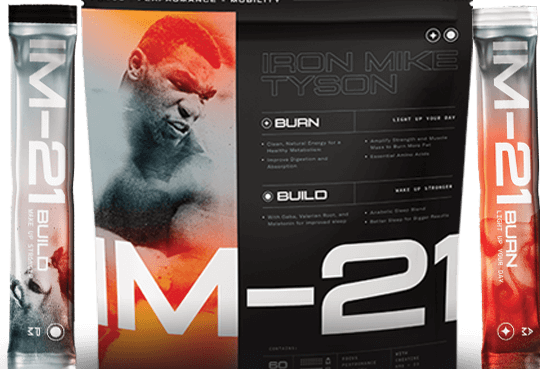How to Care for Your Mouth While Wearing Braces
If you’re one of the millions of people who are wearing braces, then you know that keeping your mouth clean can be a real challenge. It’s important to follow the proper oral care routine when you have braces, and today we’re going to talk about some of the best ways to do that.
Brushing and flossing are obviously key, but there are other things you can do too. Keep reading for our top tips on how to care for your mouth while wearing braces!
1. Brush and floss regularly
Caring for your braces is important to maintain healthy teeth and gums. There are many things you can do to care for your braces, but one of the most important is to brush and floss regularly.
When you brush your teeth, be sure to use a soft-bristled toothbrush and gentle circular motions. You may need to use a toothbrush with special bristles designed for braces. When flossing, be sure to use a waxed dental floss so it slides easily between your teeth without catching on your brackets or wires.
You may also want to consider using an interdental brush, which is a small brush that fits between your teeth and helps remove plaque and food particles. By brushing and flossing regularly, you can help keep your teeth and gums healthy while wearing braces.
2. Use antimicrobial mouthwash
When you’ve got braces, suddenly all sorts of previously hidden nooks and crannies in your mouth become breeding grounds for bacteria. You can help keep your teeth clean and healthy by using an antimicrobial mouthwash.
The extra rinse will help to remove plaque and food particles that can get caught in your braces, and the antibacterial properties will help to keep your mouth free of harmful germs. In addition, using mouthwash can also help to reduce bad breath. So if you’re looking for a way to keep your smile sparkling while you’re wearing braces, reach for the mouthwash.
3. Wear a night guard to prevent grinding
If you find that you’re grinding your teeth at night, it’s important to take steps to protect your teeth. Wearing a night guard while you sleep can help to prevent damage to your teeth and gums.
Night guards are available over the counter or from your dentist, and they work by fitting over your teeth and creating a barrier between your upper and lower teeth. This can help to prevent your teeth from grinding against each other and causing damage.
If you think you may be grinding your teeth at night, make sure to visit JS Dental Lab to learn more about whether or not a night guard is right for you.
4. Avoid eating sticky or hard foods
When you think of braces, the first thing that probably comes to mind is a mouth full of metal. But there’s more to braces than just shiny brackets and wires.
If you’re considering braces, it’s important to be aware of the limitations they impose on your diet. Hard and sticky foods can damage braces, and in severe cases, can even dislodge them from your teeth.
So if you’re looking to avoid an emergency trip to the orthodontist, it’s best to steer clear of crunchy apples (whole), chewy caramels, and sticky peanut brittle. Instead, opt for softer fruits, cooked vegetables, and soft cheeses. Your orthodontist will thank you – and your teeth will too.
5. Use a dental pick to remove food particles
Even if you’re careful about what you eat, there’s always going to be the occasional food particle that gets stuck in your braces. When this happens, it’s important to remove it promptly to avoid tooth decay or gum disease. The best way to do this is with a dental pick.
A dental pick is a small, thin instrument that is designed to remove food particles from teeth. You can find dental picks at your local drug store or online, or you can simply carry around wooden toothpicks. Either way make sure to be gentle when using it to avoid damaging your gums or teeth.
6. See your dentist for regular checkups
Just because you have braces doesn’t mean you can neglect your regular dental appointments. In fact, it’s even more important to see your dentist regularly when you have braces. This is because braces can make it difficult to brush and floss properly, which can lead to an increased risk of plaque buildup, and tooth decay, which ultimately leads to gum disease and other more serious oral health problems.
Seeing your dentist for regular checkups will help to ensure that your teeth and gums stay healthy, despite the challenges posed by your braces.
Conclusion
While wearing braces, it’s important to take extra care of your teeth and gums. By following these simple tips, you can help keep your smile looking its best —and even better than ever once your braces finally come off!






